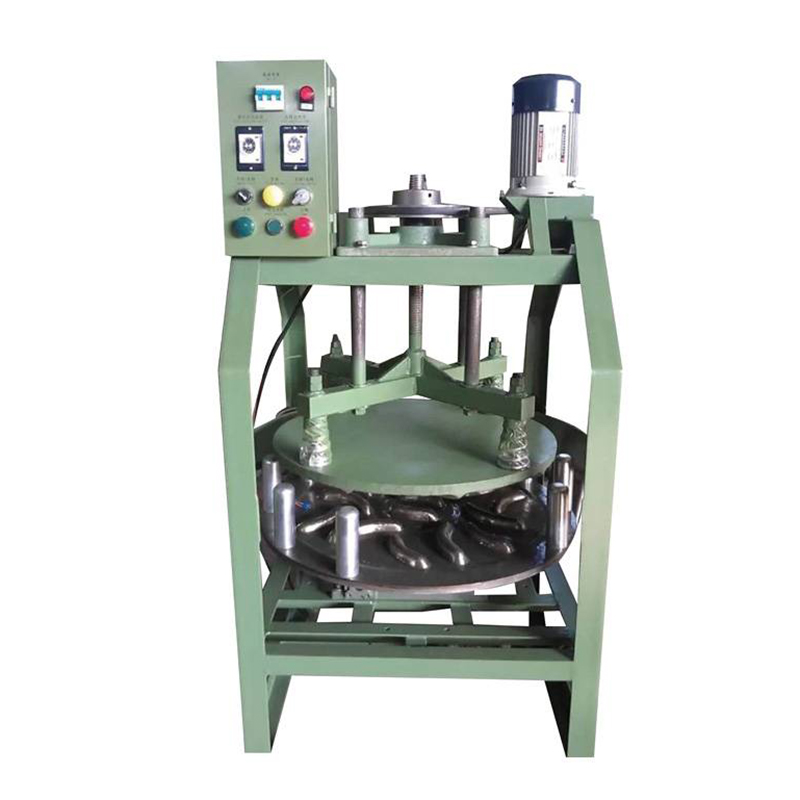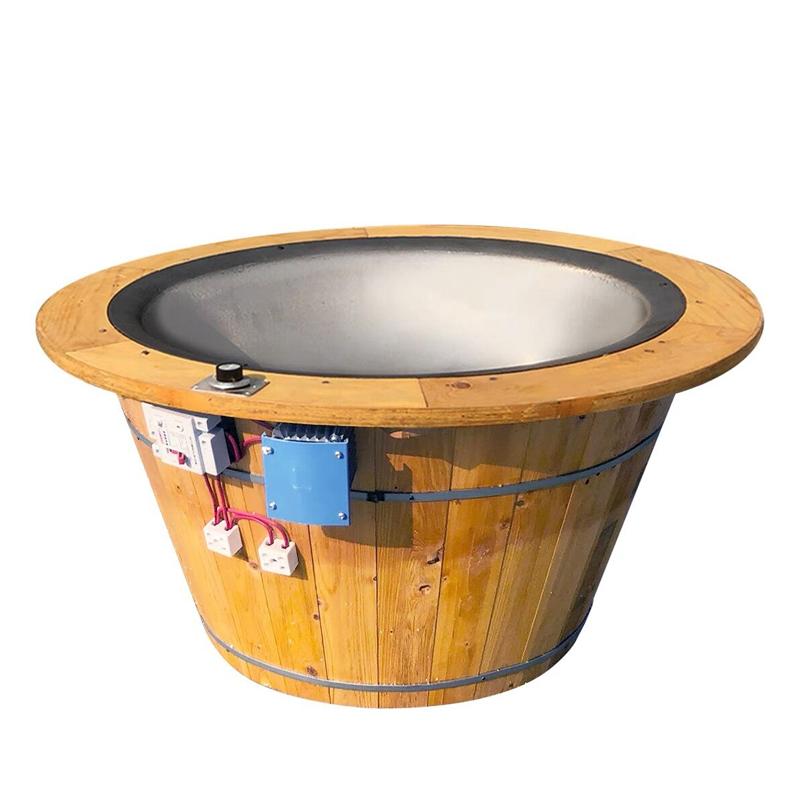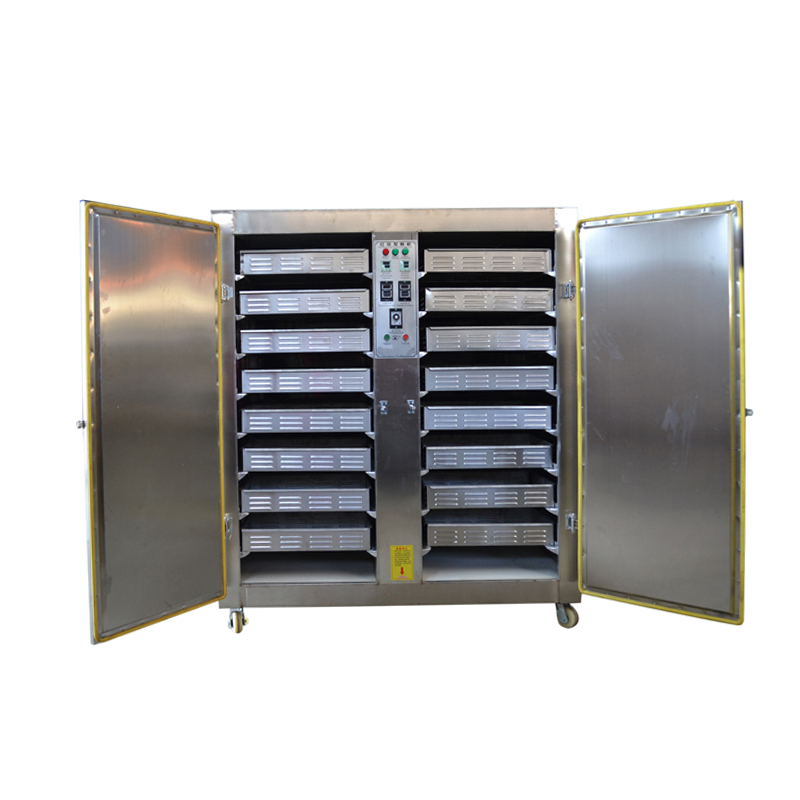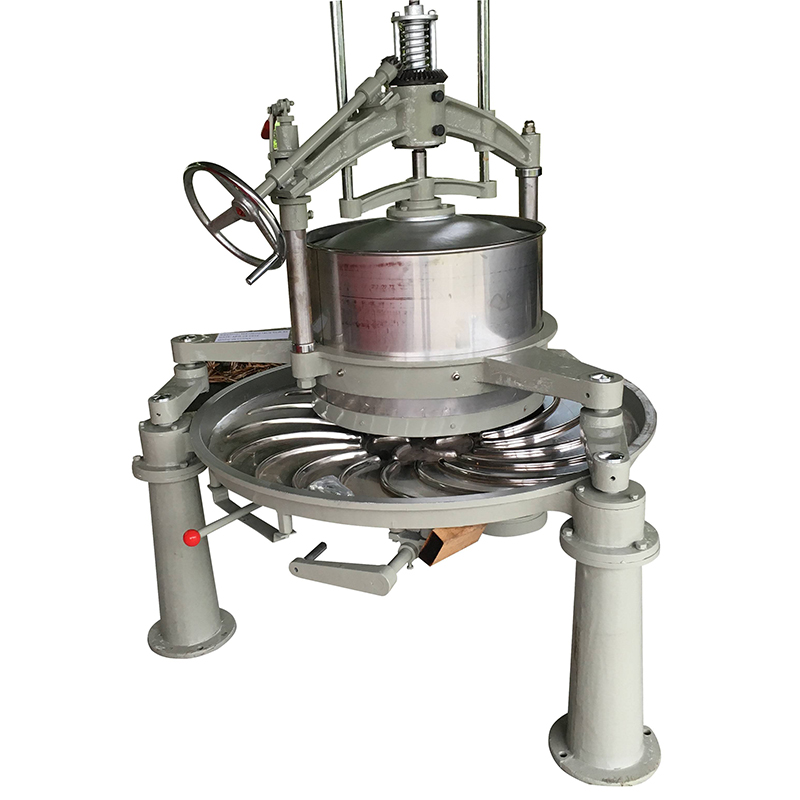Different tea varieties have different characteristics and processing techniques. The tea rolling machine is a commonly used tool in tea rolling. The rolling process of many teas is mainly for shaping. Generally, the “light kneading” method is used. It is basically completed without pressure and the rolling time is very short. The purpose is to make the tea leaves have a high rate of strip formation, a low breakage rate, maintain the original tea color, and the appearance of the dried tea after rolling meets traditional aesthetic requirements.
Why does Pu’er tea use gravity rolling? There are four reasons:
First, the tea leaves used in Pu’er tea are different. Because Pu’er tea is made from tree species with large leaves, its tea leaves rarely have buds, and the leaves are mostly thick and large in shape. If you use the light rolling method of green tea, it will not work at all.
Second, the kneading temperature is different. The rolling of Pu’er tea is different from the rolling of green tea in a tea pot. It is done outside the iron pot, or on bamboo strips, or on a wide wooden board, or on a clean cement floor. It is rolled at room temperature. process.
The third is the difference in process arrangements. The rolling of green tea is the last step in tea processing. It is the last “shaping” from the inner substance to the appearance of the tea, and is the concept of the finished product. However, the rolling of Pu’er tea is a pre-treatment of the tea leaves before entering the tea fermentation machine for fermentation. This process is one of the front-end processes of Pu’er tea. There is still a long way to go before finished Pu’er tea.
Fourth, Pu’er tea uses “gravity rubbing” to crush the “protective film” on the surface of the tea leaves, and then dries it naturally to allow a variety of microbial flora “suspended” in the air to “invade” and complete the natural state of the tea. The first “natural inoculation” under Pu’er tea is also the primary oxidation stage of selected tea leaves before fermentation.
In the process of making Pu’er tea, the rolling intensity should be controlled reasonably and skillfully to achieve the best effect. Especially within the same aging time, Pu’er tea with different degrees of rolling will have completely different tastes and flavors.
Therefore, the “gravity rolling” of the drying process lays the foundation for the subsequent fermentation of Pu’er tea. Moreover, the “rolling” process of making Pu’er tea is not completed once, but “rolled” multiple times – the traditional process is called “re-rolling”. The tea roller machine has become a useful tool in the “re-kneading” process. The purpose of this “re-kneading” is actually to supplement the first “natural inoculation”, and the purpose is to complete the primary oxidation of Pu’er tea more thoroughly.
Post time: Jan-15-2024




